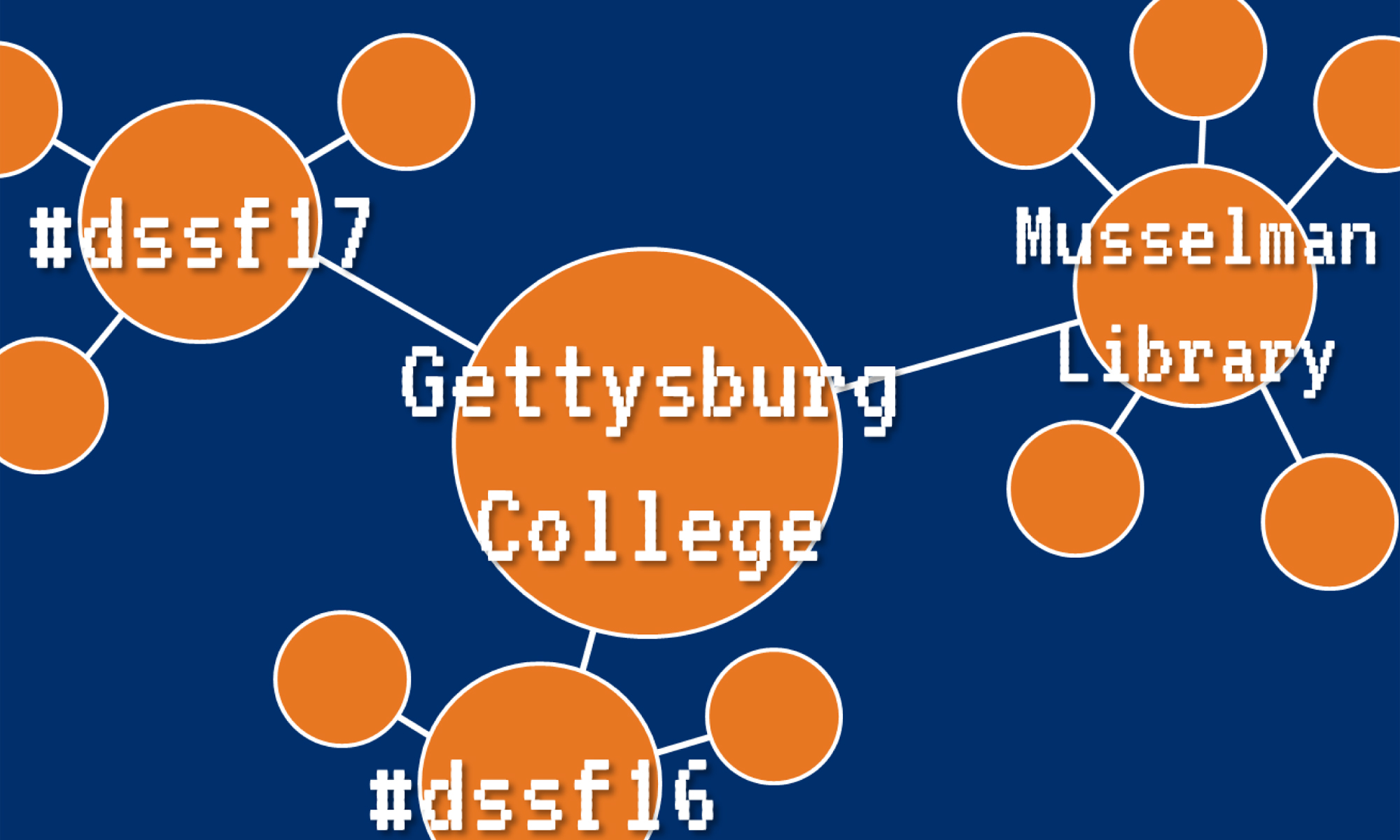Blog Post: Due Monday, July 25
It is one thing to create scholarly material for a class, to be seen by a handful of people; it is an entirely different concept to develop a digital project that is openly available on the Internet that engages a wide audience and encourages interaction. Read Burdick, et. al. “3. The Social Life of the Digital Humanities,” in Digital_Humanities, 84-98 and think about how your project disrupts traditional ways of doing scholarship. In what ways can your project engage the public, as well as other scholars? How is your project social/empowering/decolonizing? Can your project live alongside the work of “traditional scholars?”
Monday, July 17
8:30am-9am: Check-In (Library 014)
9am-Noon: Public History, Crowdsourcing, and Social Media (Library 014, Public Session)
Digital scholars, and especially public historians, are increasingly turning to social media and crowdsourcing sites to publicize digital projects, as well as enlist public support for transcription and identification. Today we’ll look at the social media presence of a few digital projects, as well as discuss how digital scholars are using crowdsourcing to collect and describe historical documents. We will also discuss the differences between digital scholarship, digital history, and public history.
Readings and Assignments
- Burdick, et. al. “3. The Social Life of the Digital Humanities,” in Digital_Humanities, 84-98.
- Cronon, William. “The Public Practice of History in a Digital Age.“
- Robertson, Stephen. “The Differences Between Digital Humanities and Digital History.“
- Take a look at the following projects:
- What We Did Here: Activism at Gettysburg College, Trump Protest Archive, and Baltimore Uprising
- Making History – Transcribe and DIYHistory
- The First World War Letters of H.J.C. Peirs
- Uproar on Campus: Student Protests in the Vietnam War Era
- The Southern Tradition of Civil War Commemoration: Carolina and The Southern Cross Magazine
- “It’s Still My School and I am Entitled to It!” The Little Rock Nine Desegregation Crisis
- Take a look at the following social media accounts:
- The Anthracite Coal Region of Northeastern Pennsylvania Facebook page and website
- The Jack Peirs Twitter and Instagram accounts
Noon-1pm: Lunch (On Your Own)
1pm-4:30pm: Research and Project Work (on your own)
Tuesday, July 18
8am-4:30pm: Research/Project Work (on your own)
Wednesday, July 19
8:30am-9am: Check-In (Library 014)
9am-Noon: Games and Digital Humanities (Library 014, Public Session)
Video games can be seen as interactive narrative structures, and this is well suited to the digital humanities. While some games can communicate concepts of literature and history, other times we use the tools that are used to create games to develop virtual worlds to visualize our research.
Readings and Assignments
- “Gamergate controversy.”
- Look at the following projects:
- Look over the SketchUp and Blender applications
Noon-1pm: DSSF Lunch (TBD)
1pm-4:30pm: Lab: Game Day! (TBD, Public Session)
Today, we will spend the afternoon doing hands-on research … by playing games! More information to come.
Thursday, July 20
8am-4:30pm: Research/Project Work (on your own)
Friday, July 21
8:30am-9am: Check-In
9am-11am: Flex Time (Library 014)
We will use this time to either make up a session that we had to cancel, or to go over something that needs additional time.
11am-Noon: Lightning Rounds (Library 014)
Today, spend 5 minutes talking about the progress of your projects!
